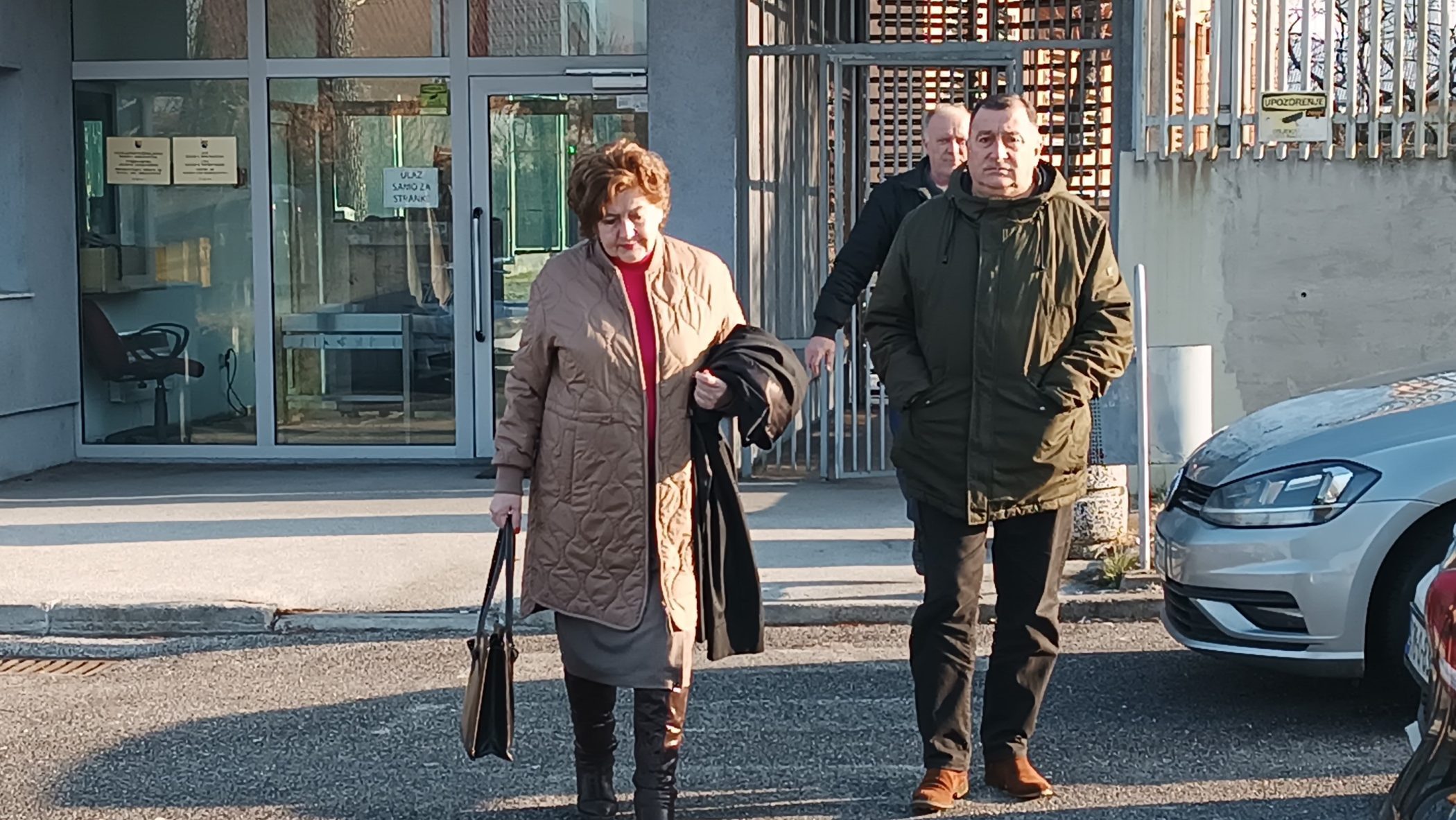This post is also available in: Bosnian
“I visited the Prosecution’s premises twice. I would rather go to jail than visit them again. They put pressure on me – it was not just pressure, it was devastation. The prosecutor asked me to put my hands up five times in order for him to handcuff me. I have heart disease, but the Prosecutor kept banging the table with his hand,” Orelj said, testifying for the Defence of Gojko Klickovic and Mladen Drljaca.
Klickovic, former President of the wartime Presidency of the Serb municipality of Bosanska Krupa, Jovan Ostojic, former Commander of the 11th Krupa Light Infantry Brigade, and Drljaca, a member of the Crisis Committee and wartime Presidency, are charged with murder, detention, forcible resettlement, torture and other crimes committed against non-Serbs in Bosanska Krupa.
Orelj is cited, like the three indictees, in the State Prosecution’s indictment as one of the accomplices in a joint criminal enterprise whose aim was to establish a Serb municipality of Bosanska Krupa in which “Serbs would constitute the absolute majority of the population”.
The witness said he participated, in 1992, in collaboration with other members of the Serbian Democratic Party, SDS, from Bosanska Krupa, in writing a Memorandum on the Establishment of the Serb municipality of Bosanska Krupa.
“This was done only because we wanted to avoid war and suffering of the people. (…) Our intentions were good, so I do not think the mentioned action should have any negative connotations,” the witness said, adding that, “from the legal aspect”, the establishment of the Serb municipality of Bosanska Krupa was “in line with the Constitution and laws”.
Orelj told the Court he was present in Jasenica in April 1992, adding that he took part, together with Mladen Drljaca, in the questioning of Bosniak civilians before the temporary Court Martial, located in the museum building, “for a few days”.
“They would bring individuals from Krupa. We took their statements on some basic data. People used to sign the statements afterwards. The Court did not make one single decision. First of all, there were no prosecutors or defence attorneys. There was nothing,” Orelj said.
The indictment alleges that, between April 23 and April 30, 1992 at least 43 detainees were taken to the so-called temporary Court Martial. Drljaca was the presiding judge at the Court. The Prosecution contends that civilians were examined before the Court and then detained “without having been informed about the reasons for their detention”.
At this hearing the Defence of the first indictee continued presenting material evidence by reading from Miroslav Vjestica’s diary. Vjestica previously testified for Klickovic’s Defence.
Vjestica, former President of the SDS in Bosanska Krupa, is cited in the indictment as a participant in the joint criminal enterprise.
Vjestica’s diary indicates that “the Green Beret forces attacked Bosanska Krupa on April 21, 1992” and “forced” Serbs “to leave their work places and took them into detention”. The diary further states that Serb forces “liberated the town and took control” on the following day.
The indictment alleges that “Serb forces”, which were under Klickovic’s actual control, conducted an attack on Bosanska Krupa on April 21, 1992, which resulted in the deaths of at least 17 people.
“The next ceasefire and negotiations were used by Bosniaks to have their forces penetrate the town, which caused the death of members of Serb forces,” the diary, which was read by indictee Klickovic, alleges.
The next hearing is due to take place on Wednesday, March 10, 2010.


